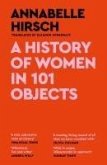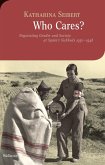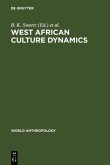From its use as a rallying cry by the labour movement to its central place in struggles for racial justice, the idea of solidarity is often invoked as the answer to inequality and conflict. And yet, as both a term and a practice, solidarity is tantalizingly slippery. We are encouraged to 'show solidarity', but how can we truly realize it? As Rowan William argues in this impassioned book, solidarity is not something fixed to be achieved, but a process of mutual recognition. From its origins in the French Revolution to the Nueva Solidaridad in Mexico City and the Solidarnosc movement in Poland, Williams traces solidarity's myriad forms through its deep influence on Catholic social thought, its transformation in the hands of thinkers like Dietrich Bonhoeffer and Jan Patocka and the creative struggle so central to the writings of Gillian Rose. He reveals solidarity to be a constant exercise in self-scrutiny and dialogue in which we find that true recognition lies not in asserting that others are 'just like us,' but rather in affirming their claim to be 'fully themselves'. It is in this work of recognition, this possibility of communion, that true hope can be found.
Bitte wählen Sie Ihr Anliegen aus.
Rechnungen
Retourenschein anfordern
Bestellstatus
Storno








